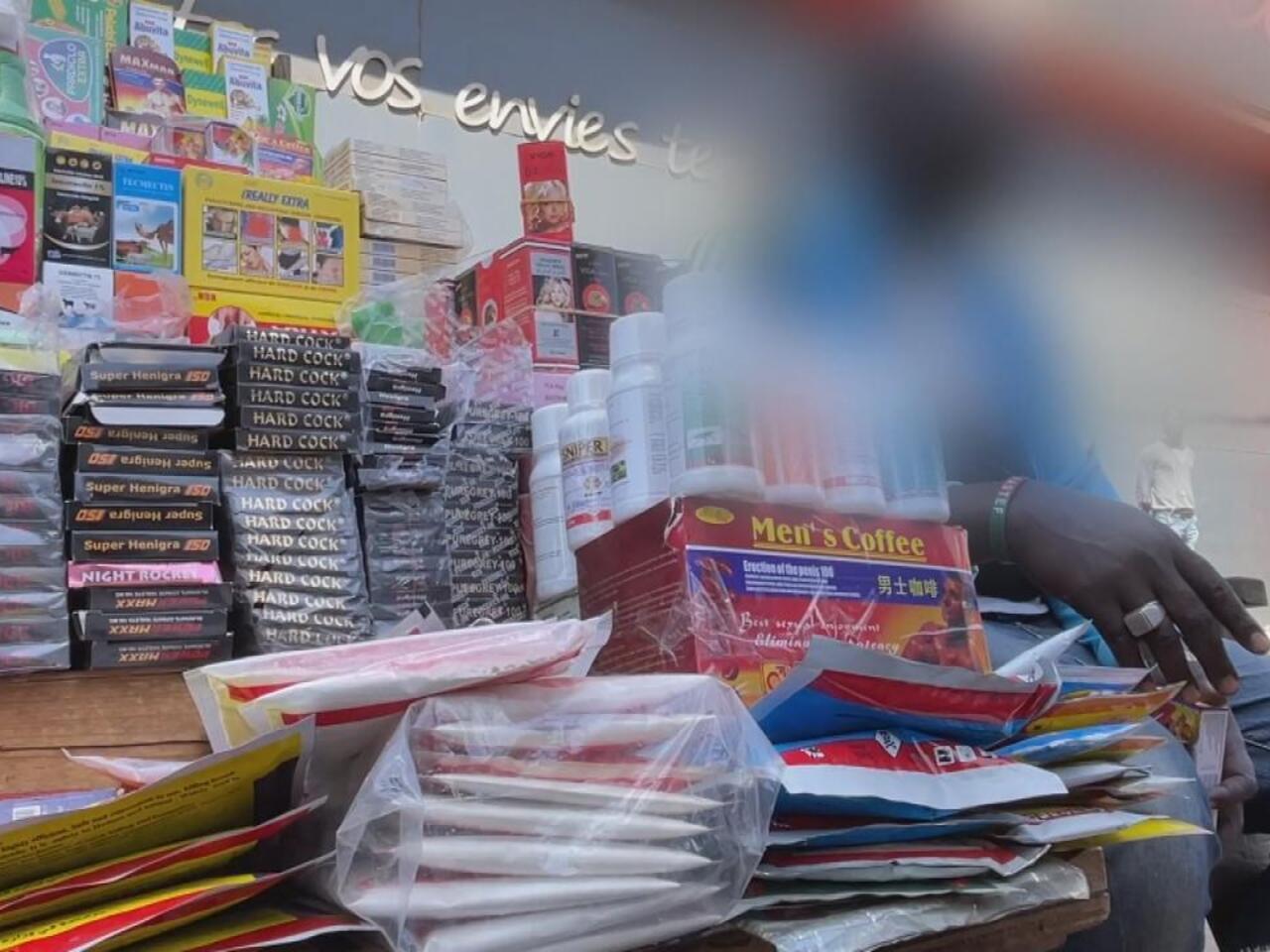Senegal’s battle against fake medicines intensifies as legal crackdown reaches Touba

The long-running battle against counterfeit medicines has taken centre stage once again in Senegal, with renewed urgency voiced during a press conference in Touba on Friday.
Pharmacy professionals issued a stark warning about the escalating threat posed by a parallel pharmaceutical market that continues to flourish despite years of public awareness campaigns and regulatory pledges.
The Senegalese private pharmacists’ union estimates the value of the illicit trade at nearly 12 billion CFA francs, underscoring the depth of a crisis that endangers public health across the country.
First spotlighted in 2019 through an investigative documentary by the Maison des Reporters, the sale of unregulated and often dangerous medicines remains widespread — particularly in densely populated urban centres like Dakar and Touba.
Legal action is now gaining momentum.
The Association of Pharmaceutical Regulators (ARP) announced that legal proceedings have been launched against key individuals suspected of being at the heart of the counterfeit drug trade in Touba.
Five major distributors have been identified; two are already facing court trials, while three other cases are under active investigation.
“Our investigations show that these vendors have no qualifications and operate completely outside the law,” said Dr. Ousseynou Mbaye, a prominent ARP member.
He added that surveillance operations have been extended to all regions, confirming that the problem is not confined to the religious city of Touba.
The ARP and allied pharmacists are calling for stringent enforcement of existing pharmaceutical laws.
As legal cases proceed, plaintiffs’ attorneys, including Serigne Ahmadou Bamba Ndour, have vowed to pursue exemplary convictions to dismantle the networks behind this dangerous trade.
“This is no longer just a question of raising awareness,” Ndour said.
“We need the justice system to show that this type of behaviour will no longer be tolerated.”
The consequences of purchasing unverified medicine from informal vendors are often invisible but grave — ranging from improper dosage and contamination to outright counterfeiting.
Experts warn that the moral and medical risks must be fully acknowledged if the country is to reverse the tide.
As Senegal steps up its crackdown, health professionals are urging not only tougher laws but also shared responsibility. Consumers, they say, must become more vigilant and refuse to support the illegal market.
In the words of a local pharmacist, “Healthy medicine means good medicine — and that begins with rejecting what is harmful, no matter how convenient.”
About The Author
dailymailafric
I am an avid African news observer, and an active member of Daily Mail Africa.
I’m Passionate about staying informed on diverse topics across the continent,
I actively contribute to publishing on political, economic and cultural developments in Africa.



